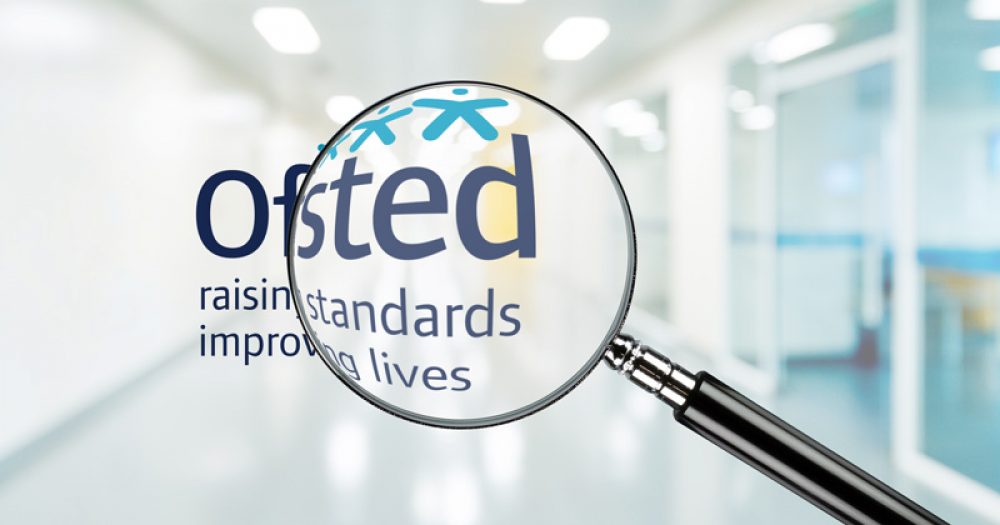Ofsted has now investigated more than 600 possible illegal schools, new figures show.
In an update published this morning, the watchdog said its illegal schools taskforce had opened 618 investigations as of the end of last August, up from 521 in April 2019.
The taskforce was assembled in 2016 to tackle growing concerns about the operation of illegal schools across England. It receives £1 million a year in funding.
Any independent school offering full-time education must be registered with the government, but there is some ambiguity over what constitutes full-time education, leading to confusion.
Of the 618 settings referred to the team, 293 have been inspected and 83 have been issued with warning notices. Such notices are issued when inspectors believe a setting is operating as an illegal school.
Of the 83 issued with warning notices, 50 have changed their operations to comply with the law, 12 have closed, 10 have registered, seven are still under investigation and four faced no further action.
Despite an ever-rising number of suspected illegal schools identified, the government has only prosecuted a handful of settings.
In October 2018, Beatrix Bernhardt, Nacerdine Talbi, and the Al-Istiqamah Learning Centre Limited were convicted of running the Al-Istiqamah Learning Centre in Southall, west London, illegally following a trial that focused on the hours of operation of the school.
And last September, Nadia and Arshad Ali were found guilty of the offence after it was found that Ambassadors High School in Streatham, south London, was operating as a full-time school “without the legal authority to do so”.
Ofsted has also published a detailed breakdown of the cases dealt with by the team.
Of the 618 referrals received since the taskforce was started, 174 were for general education settings, 171 were for alternative provision, 107 were for settings offering religious instruction and 66 were tuition centres.
Ofsted also looked into 27 care farms (centres offering therapeutic farming activities), 22 children’s homes, eight language settings and three sports clubs. There were 23 settings where the type was “unconfirmed”, and 17 listed as “other”.
Of the 293 settings inspected, 221 had no known faith character, 39 were Muslim, 19 were Jewish and 14 were Christian.
The area with the highest number of referrals by far was London, with 142. There were 87 referrals in the West Midlands, 78 in the south east, 71 in the east of England, 65 in the north east, Yorkshire and the Humber, 63 in the north west and 56 in both the East Midlands and South West.
Of the 83 warning notices issued, 21 were to settings in London.
The inspectorate has also revealed where referrals came from. Of 641 referrals received since 2012 (including 23 received before the taskforce was set up), 293 came from Ofsted itself, 129 came from the Department for Education, 116 came from local authorities and 82 from members of the public.








Your thoughts